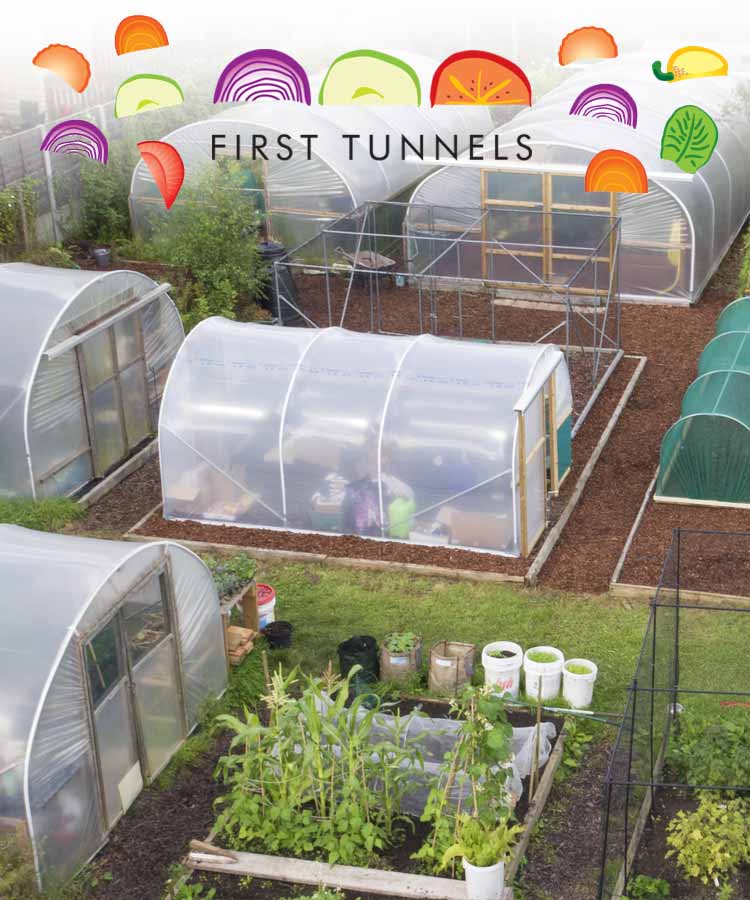A polytunnel can offer some protection from the elements and from dangers your crops may face outside in your garden. But while it is necessary to try to keep some garden wildlife out, allowing and encouraging others in can help to keep problem pests at bay. Here is some of the wildlife that you might want in your polytunnel, and how to attract those creatures to your garden:
Much human food production would be practically impossible without these little helpers. Bees and other pollinators are essential to the successful harvest of many food crops and we would be lost without them. It is important to allow these insects access to your polytunnel, especially during the periods when crops are in flower. You can further entice bees and other pollinators to visit your polytunnel by planting bee-friendly flowers and herbs. Bees are known to prefer some flowers over others, so do your research and find the best bee friendly plants for your soil and your area. Creating 'bee hotels' for solitary bees in your area, being careful to check your lawn for bees before mowing and, of course, going entirely organic, are amongst the other actions gardeners can take to save our bees and other pollinating insects.
Pollination is not the only garden task that insects can help with. Other insects, such as hoverflies and ladybirds, predate pest insects such as aphids. Again, planting the right species to attract these creatures will help to keep pests in control and will help to create a balanced ecosystem in an organic garden.
A pond should be a feature in almost all gardens. Ponds will not only look good and create a relaxing vista for the homeowners, they will also help to attract and care for local wildlife. Build a pond and often you will soon find it filled with local amphibians such as frogs or toads – excellent news for the organic gardener! Even if you do not have a pond yourself, amphibians may breed nearby so you may still be lucky enough to see them in your garden. Frogs and toads are good news for the organic gardener because they are excellent at picking off slugs and snails. Quite often, they will make themselves at home in a polytunnel. Gardeners can encourage them to do so by laying organic mulches under which they can hide, and taking care not to disturb them.
Of course there are plenty more wildlife creatures that can come in handy in an organic polytunnel, so generally making sure that your garden and polytunnel are wildlife friendly can only be a good thing.
